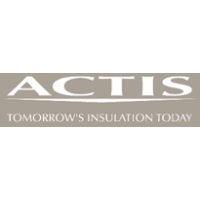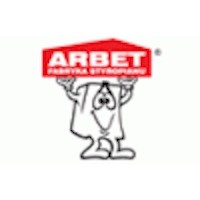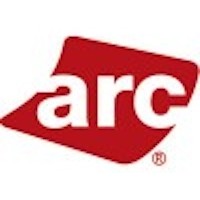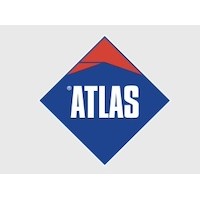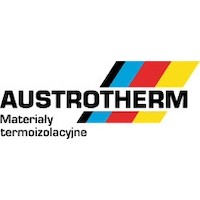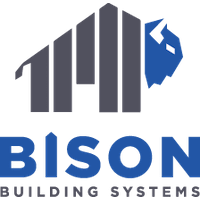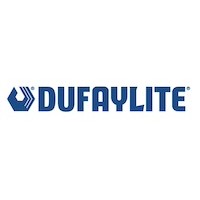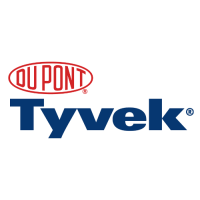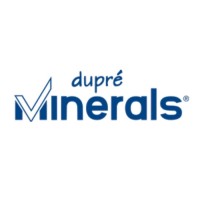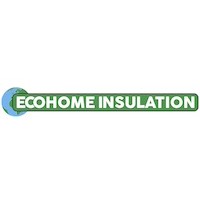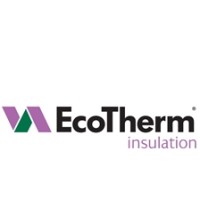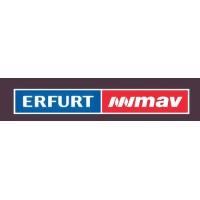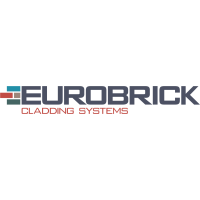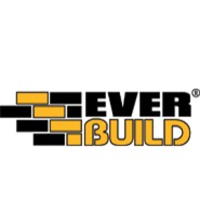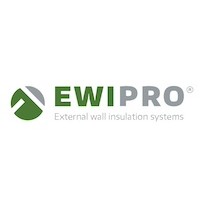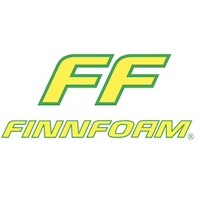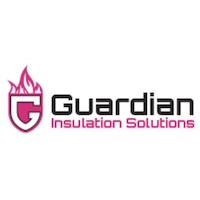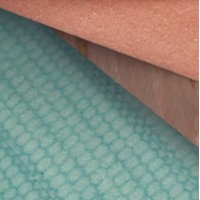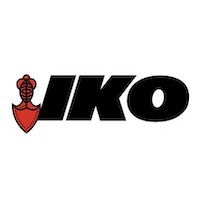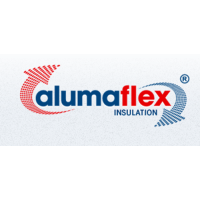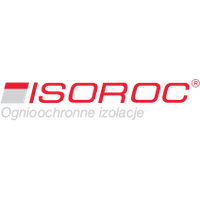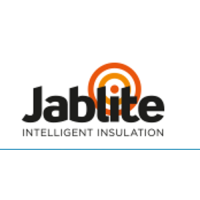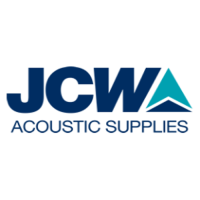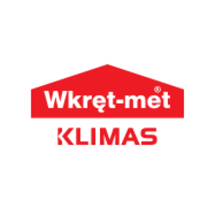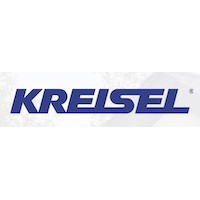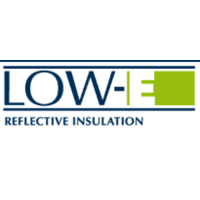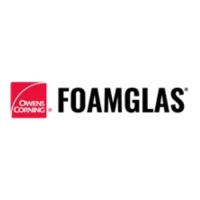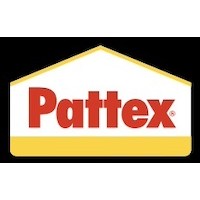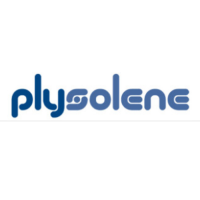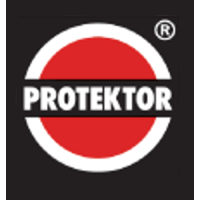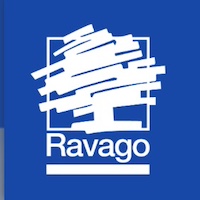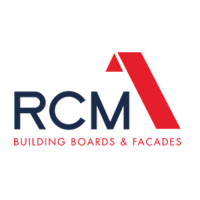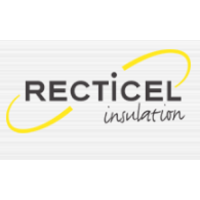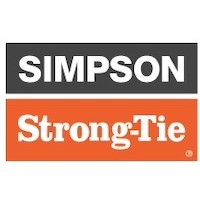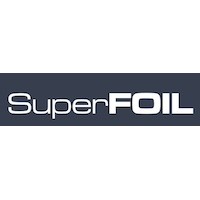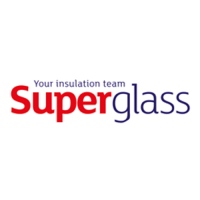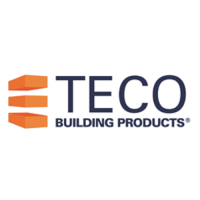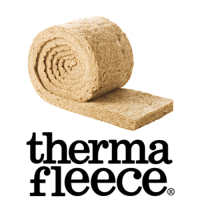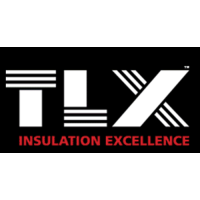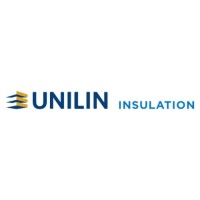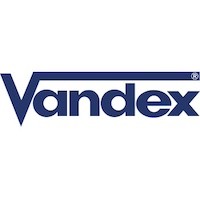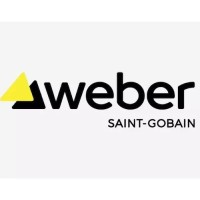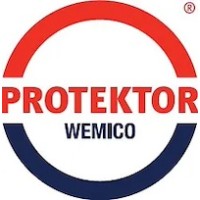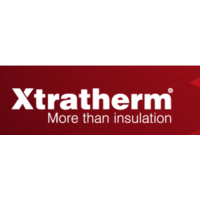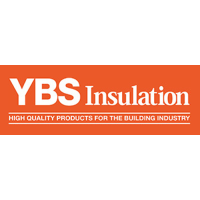Multi-solutions with Actis Triso Super 10+ Multifoil Insulation

Best Solution for your Roof Insulation and Loft Conversion Project
If you are planning a refurbishment project for your roof or loft, it would probably be a good idea to include insulation in one such project. Namely, these parts of your home can be a great source of heat loss and heat gain and should thus be treated properly. Many studies and researches implemented over the years have shown that a vast amount of heat is lost and gained through poorly or uninsulated roof and loft space, which lead to development and placement of a number of alternative insulation materials. Basically, the greatest problem with these spaces is the fact that they are under the direct influence of weather conditions and that they can be a source of not only heat loss during the winter but also heat gain during summertime. This is why traditional insulation materials may not be adequate simply due to the fact that these are manufactured so they can prevent heat transfer through conduction and convection, but not radiation, which is the biggest problem with roof and loft areas. This is the main reason multifoil insulation has been developed, as a material which is able to affect heat loss and gain through radiation. This type of insulation is now widely available and accessible, why it is not always easy to choose the best one. Thus, we shall herewith present multi-solutions with Actis Triso Super 10 multifoil insulation.
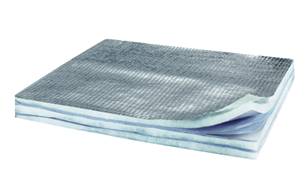
About Actis Triso Super 10
 Actis Triso Super 10 multifoil insulation is actually a lightweight insulation material comprising of 19 separate layers, designed to reflect heat and thus be efficient during summertime by reducing heat gain and to prevent the heat from escaping your home through the roof or cold and uninsulated loft space, making it efficient during the winter. It is available in suitable and easily installed rolls that are very flexible and can be adjusted to any space and will not take any additional space, which is particularly important with narrow and limited areas such as lofts or under roof spaces, where some other insulation materials can be a problem to install. Another advantage of this type of insulation is that it is completely safe, since it contains no irritant fibers nor it requires special maintenance once installed, as being also very durable and moisture resistant. The installation process requires no special skills or heavy and expensive equipment, but the material can be installed using nothing more than adequate nails, tape and scissors. If properly installed, in accordance with given manufacturer’s instructions, the material will not sag, deform or shrink over time, thus preventing thermal bridges from forming within the structure.
Actis Triso Super 10 multifoil insulation is actually a lightweight insulation material comprising of 19 separate layers, designed to reflect heat and thus be efficient during summertime by reducing heat gain and to prevent the heat from escaping your home through the roof or cold and uninsulated loft space, making it efficient during the winter. It is available in suitable and easily installed rolls that are very flexible and can be adjusted to any space and will not take any additional space, which is particularly important with narrow and limited areas such as lofts or under roof spaces, where some other insulation materials can be a problem to install. Another advantage of this type of insulation is that it is completely safe, since it contains no irritant fibers nor it requires special maintenance once installed, as being also very durable and moisture resistant. The installation process requires no special skills or heavy and expensive equipment, but the material can be installed using nothing more than adequate nails, tape and scissors. If properly installed, in accordance with given manufacturer’s instructions, the material will not sag, deform or shrink over time, thus preventing thermal bridges from forming within the structure.
Although Triso Super 10 insulation was developed primarily for roof insulation, it can (and has been) successfully installed on dormer cheeks, gable walls and other vertical surfaces of the roof space, whenever there is a need for space saving and in consultancy with the competent local building control. Also, even though the product is intended to be used in pitched roofs, it can also find its application on flat roofs, but only simple ones and with proper cross flow ventilation. However, when installing the material, it is very important not to make any discontinuities in the insulation such as holes for down-lighters and recessed lights, which, if necessary should be properly protected with specially designed closures so that potential for thermal bridging can be avoided.
Finally, Actis Triso Super 10 can be combined with other insulation materials for upgraded performance. However, when doing so, it is very important to think of and deal with potential condensation issues that can occur within the insulation. Thus, it is advisable that the material that has the highest level of water vapour resistivity to be installed on the warmer (inner) side of the construction and that a proper vapour control layer is installed on the plasterboard back.
Actis Triso Super 10 Installation Guidelines
Actis Triso Super 10 can be installed either under or over the roof rafters, depending on the specific requirements and characteristics of the space. When installed under the roof, the timber supports are fixed between the roof rafters at roof junctions, at every 1500mm. Since the product can be combined with other types of insulation, such as rock wool or rigid PIR boards, these should be installed with a 25mm gap to the underside. The multifoil is then laid across the rafters’ face and stapled at every 50mm. The next layer should be overlapping by 50-100mm. The insulation needs to be stapled to the timber support and properly sealed, whereas all edges need to be folded for better air tightness. Finally, the vertical or horizontal battens should be fixed through the insulation to the rafter, with adequate screws or nails and plasterboard installed.
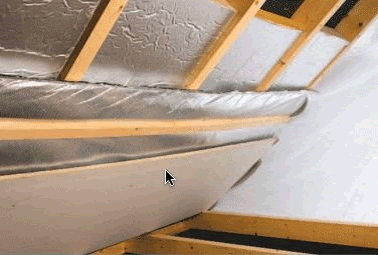
When installing Triso Super 10 multifoil insulation over the rafters, the insulation process will depend on whether you are dealing with a boarded roof or a sarking board. When dealing with a boarded roof, counter battens should be installed in-line with rafters and horizontal batten at the eaves. Timber support is then fixed between cross battens at 1500mm from eaves batten, at every 1500mm. The insulation should be laid horizontally, starting at the eaves and exposed edges folded and stapled to the support. Counter battens are fixed in line with roof rafters with proper nails or screws. Finally, vapour permeable underlay and tile battens should be fixed. When dealing with a sarking board, horizontal battens are fixed at the eaves, and once the counter battens are fixed as above explained, sarking board is fixed, if required.
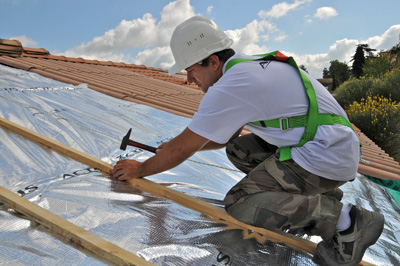
We're proud to announce that Actis Triso Super 10+ is now available at Insulation Shop. Send your quote enquiries to info@insulationshop.co or order directly from our insulation online shop.

